What is a Blackhole?
Undoubtedly, one of the most important mysteries of the universe is a blackhole. They have continued to be the most incomprehensible element of the universe since humanity has been looking into space since Göbeklitepe. In this sense, Black Holes are one of the most mysterious and fascinating entities of the universe. They have such a dense mass that even light cannot escape from them. Therefore, it is not possible for us to make direct observations about their nature. This further deepens the mysteries and questions surrounding black holes.
How Are Blackholes Formed?
Black holes are formed by the death of massive stars. As their working principle, they work with fusion, a process that produces extraordinary energy. In fusion, Hydrogen atoms and isotopes, which are abundant in stars, combine under high temperatures and high pressures and turn into Helium, and during this transformation, they produce energy within the framework of Einstein’s famous E = mc2 equation. This produced energy manifests itself as heat and light. In a way, this process is the reason why our sun is the dynamo for life on earth. When nuclear fusion in a star’s core ends, the star collapses under its own weight. This collapse is so rapid that, if the star is large enough, the remainder of the star will tear the fabric of space-time, creating an irreversible singularity. We call the region around this singularity a black hole. However, for a black hole to be formed, it is essential that the star has a mass greater than 1.4 times the mass of the Sun. This is called the Chandrasekhar limit, as it was found by a famous Indian physicist at the beginning of the 20th century.
Properties of Black Holes:
• Gravitational force: Black holes have the strongest known gravitational force in the universe. This gravitational force is so strong that even light cannot escape from them. The escape speed of light is an important parameter that defines the event horizon (the limit of complete retraction) of a black hole.
• Event Horizon: The event horizon is the limit of no return of the black hole. Anything that crosses this boundary is pulled in by the black hole’s immense gravitational pull and is lost forever.
• Hawking radiation: Black holes emit weak radiation known as Hawking radiation due to the effect of quantum mechanics. This radiation can cause black holes to shrink over time and eventually disappear. Some scientists think that it is possible to obtain information from black holes thanks to Hawking Radiation.
• Singularity: The singularity at the center of the black hole is a point where extreme conditions such as infinite density and zero volume prevail. This is a region where the laws of physics as we know them break down and require us to develop a new theory of physics.
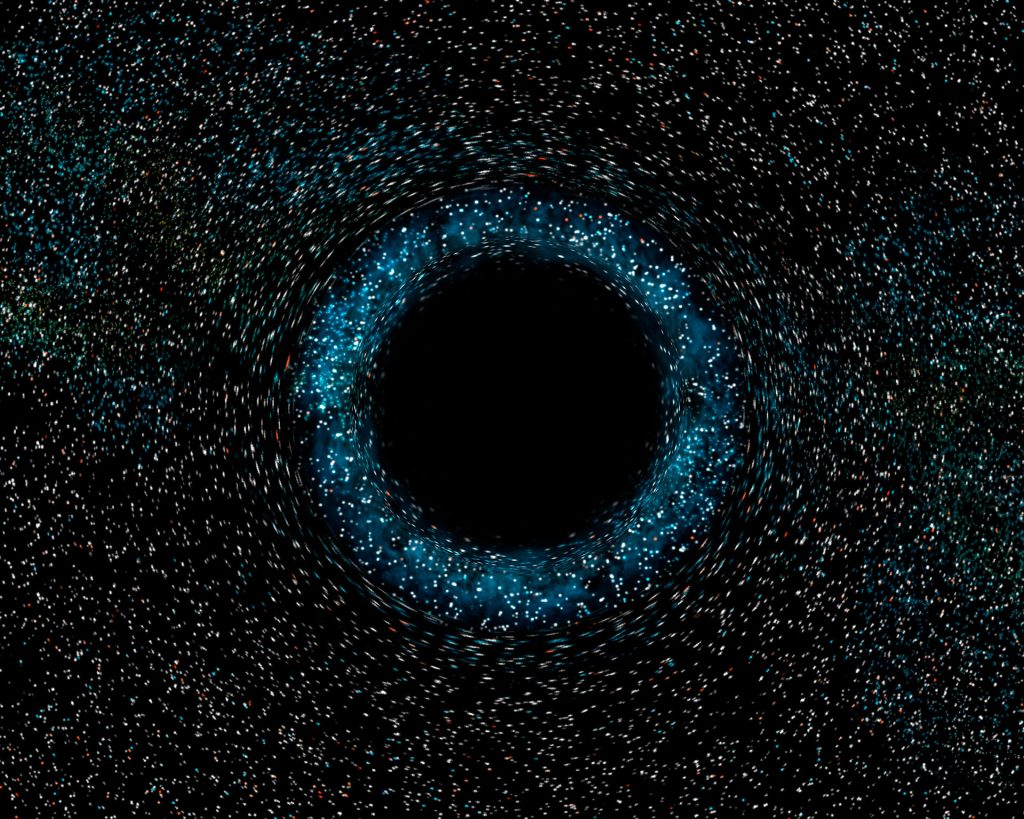
Black Holes and Other Universes:
Some theories suggest that black holes may be gateways to other universes. According to these theories, crossing the event horizon of a black hole can take us to a completely different dimension or universe. However, these theories are still nothing more than speculation and are not yet supported by concrete evidence. Despite this, many scientists have shown with their simulations that in another universe, right opposite black holes, there are objects called white holes, which, unlike black holes, do not attract matter but repel it. In other words, according to this theory, the matter and light absorbed by black holes are thrown out, that is, into another universe, by white holes, which are the gates of black holes that open to the other universe. In this way, it is thought that many black holes essentially act as dynamos to fill another universe. So, if this is true, is it possible to move to the next universe using black holes? It is very difficult to answer this question because it is quite impossible to understand what is happening in the background since there is no return after passing the Event Horizon in Black Holes and there is no news of anything, including light. While some physicists claim that high gravitational forces destroy everything that falls into black holes, some physicists argue that gravitational forces may end after the event horizon and a direct singularity may occur, and since the laws of physics are broken in a singularity, anything can happen. Therefore, it is possible to transition from black holes to other universes, but for this we need to understand the concept of singularity much better.
Blackholes are the Dynamos of Our Galaxy
It is thought that there is a giant black hole in the core of our Milky Way galaxy, left over from the formation of the universe. This black hole also ensures the rotation of our galaxy around itself and, according to one theory, keeps our Milky Way galaxy together. In fact, according to some scientists, including me, the giant black hole at the core of our galaxy is one of the most important elements in the formation and balance of our galaxy and therefore our solar system, and perhaps if this black hole did not exist, there would be no life in our solar system (If our solar system were closer to the center of the galaxy, there would be more sources of radiation that prevent life). If it were further away, the desired heat and light balance would not be achieved). There is also evidence that black holes at the centers of galaxies currently contribute to the expansion of the universe.
The Future of Black Holes:
Black holes remain some of the most mysterious and fascinating entities in the universe. Scientists are working hard to better understand the nature of black holes and their role in the universe. Perhaps one day, we will solve the mystery of black holes and gain new and surprising information about the universe. Solving the mystery of black holes could provide us with fundamental information about the workings of the universe. Additionally, learning more about black holes could also help us develop new technologies for future space exploration. In this sense, such studies should be carried out in depth in our country.
Black holes, according to one theory, may be all that’s left of the universe when its energy runs out and all stars either turn into black holes or Supernovae. Who knows, maybe when our current universe disappears, the next universe will be born from black holes.


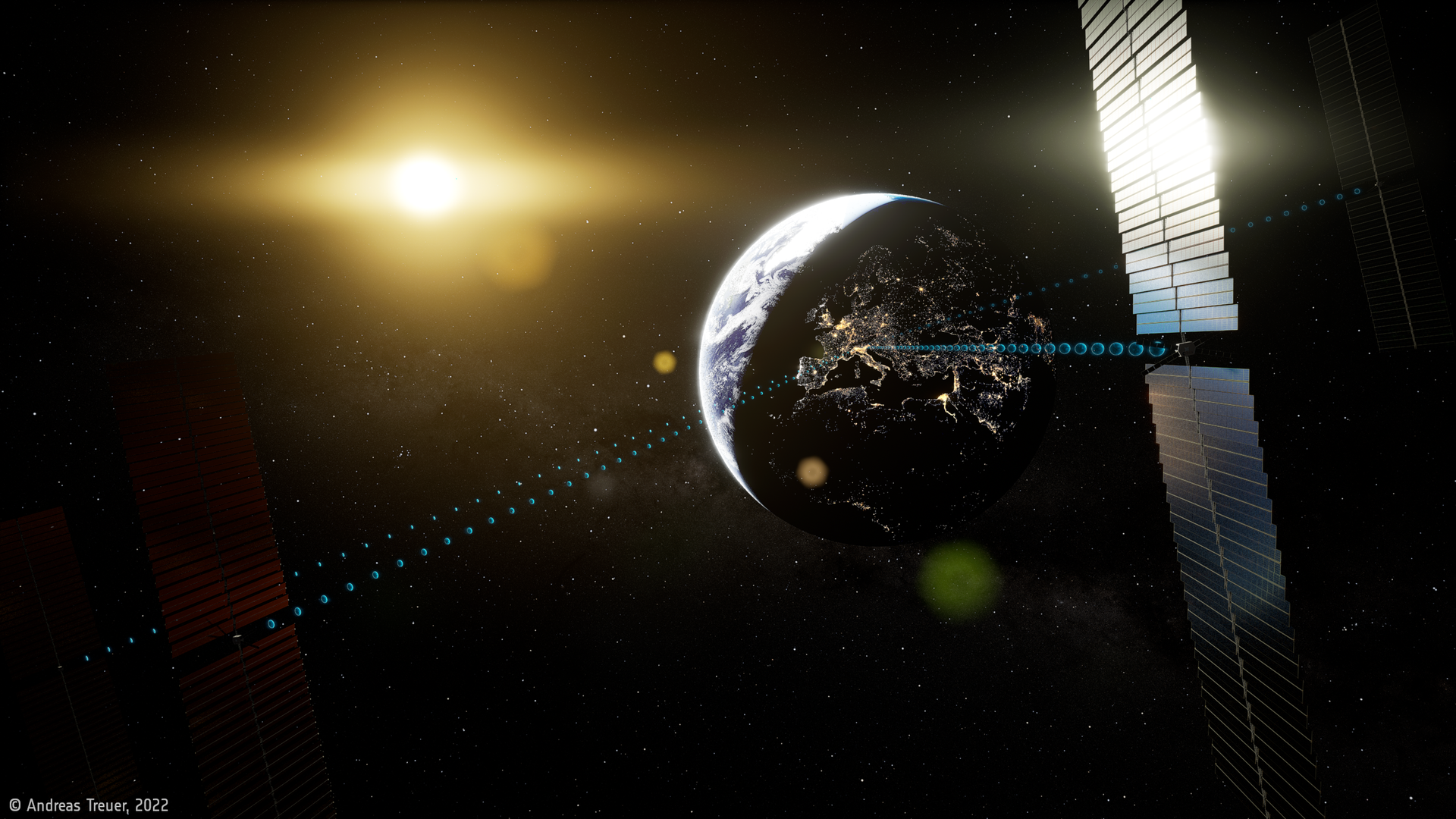








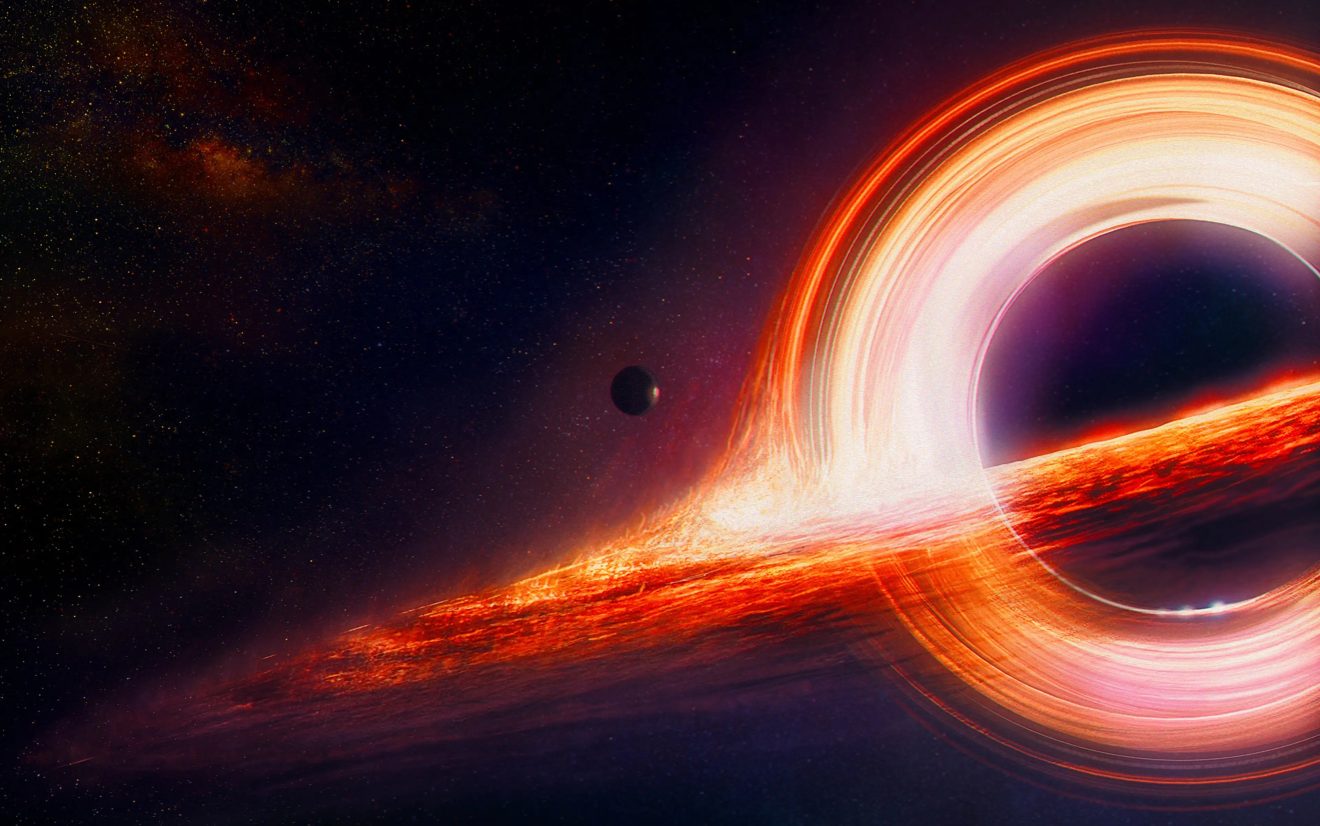





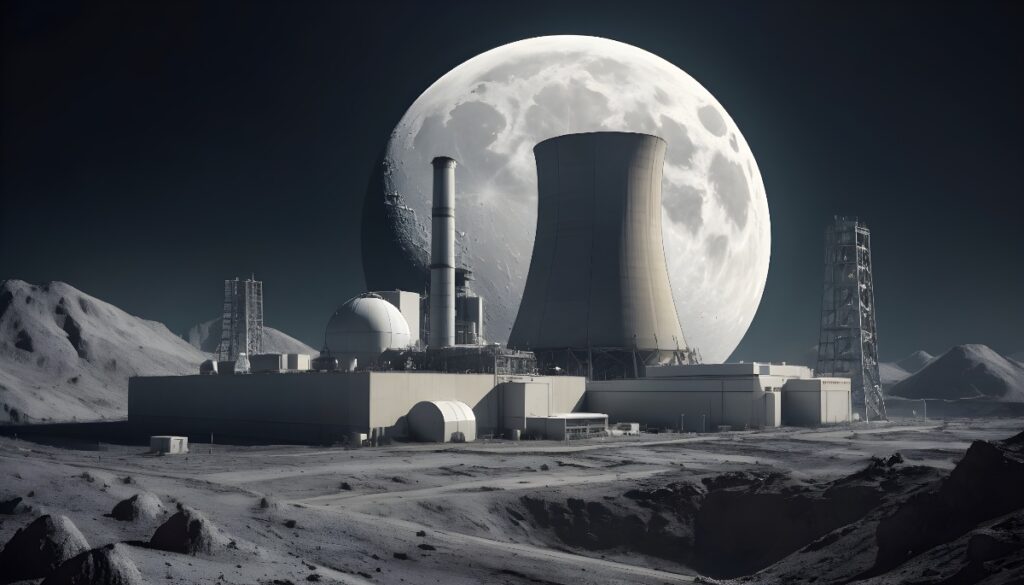
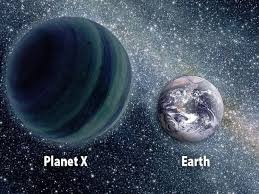



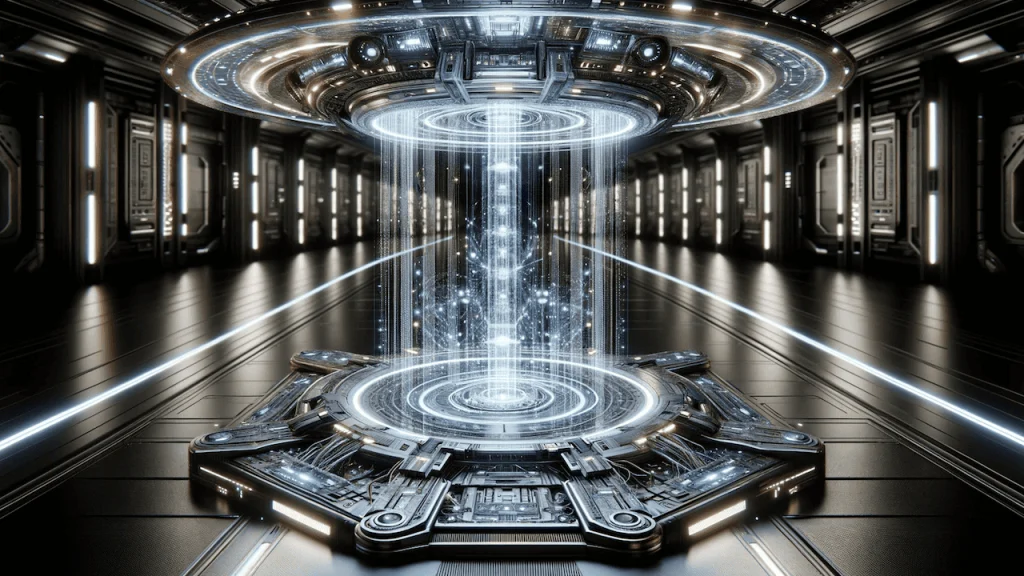
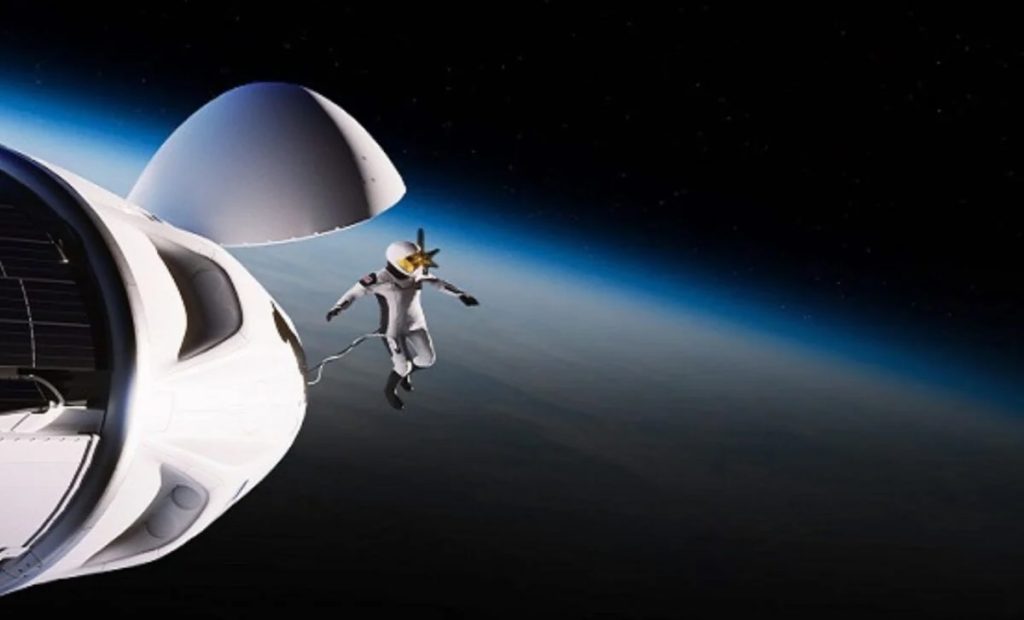
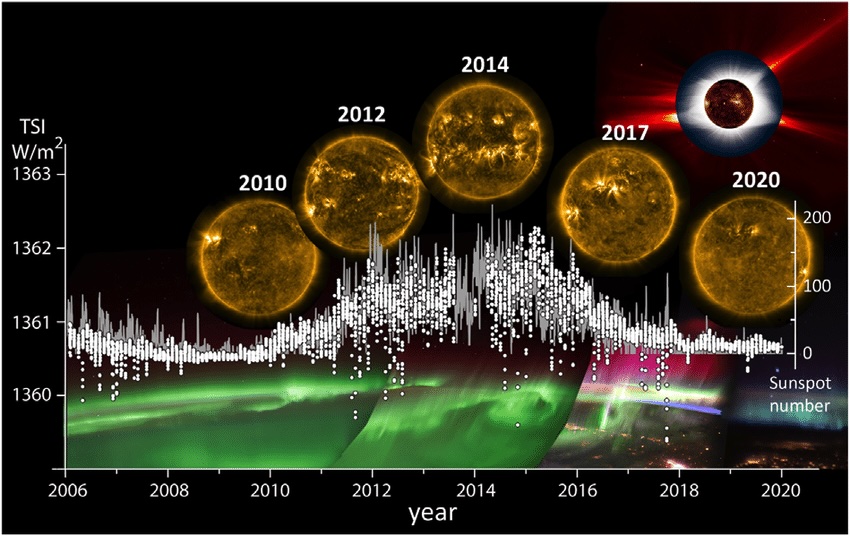

Add Comment